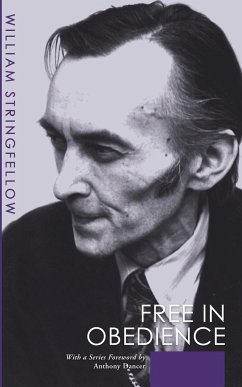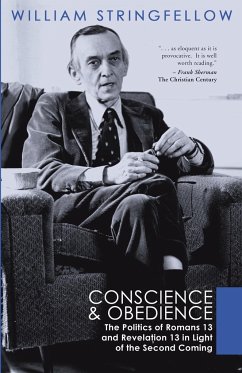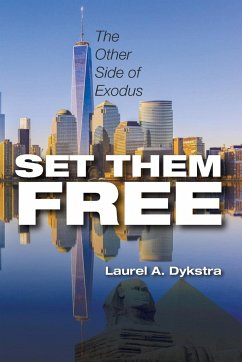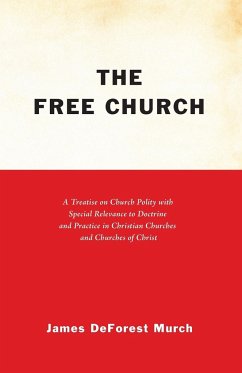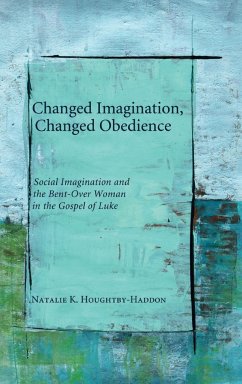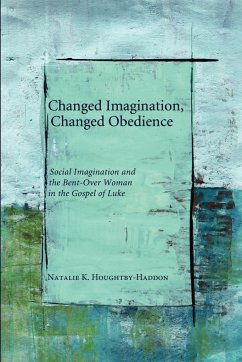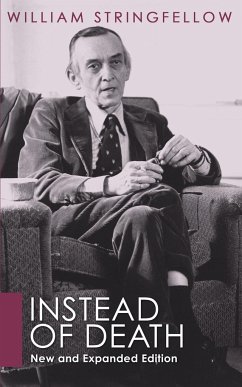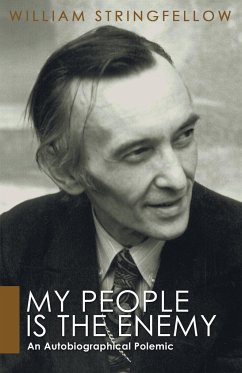An astute, outspoken lay theologian talks to Christians about how they can today find freedom in obedience to Christ's gospel and about the urgent necessity of trying to live this kind of freedom now. He insists that his readers look realistically and relentlessly at their own condition, at the condition of the church -- and that they see how these relate and compare to Christ's gospel. His book, based on certain passages from Hebrews, thus becomes a call to freedom and a call to revolutionary Christianity. William Stringfellow begins by spelling out, in impressive and telling detail, how the church has become mired in secular idolatries and ideologies, both economic and political. Then, in constrast to this situation, he examines Christ's resistance to the temptations of worldly power. Stringfellow ends his book by emphasizing the meaning of the resurrection as the exercise of the freedom of God and sets forth the victory over death and bondage given in Christ. Only in that gift is the Christian free to offer his own life to the world. Only thus is he free in obedience.
Hinweis: Dieser Artikel kann nur an eine deutsche Lieferadresse ausgeliefert werden.
Hinweis: Dieser Artikel kann nur an eine deutsche Lieferadresse ausgeliefert werden.

